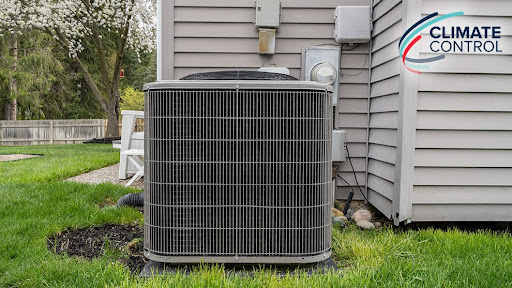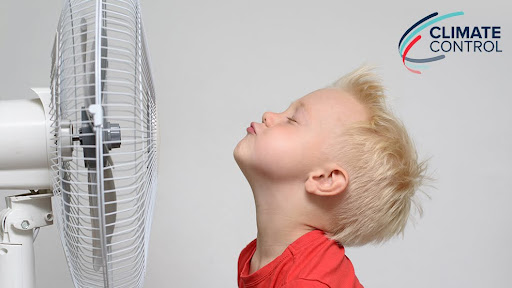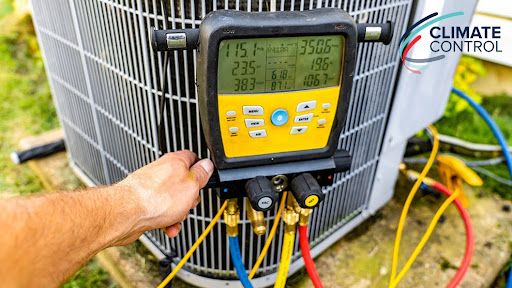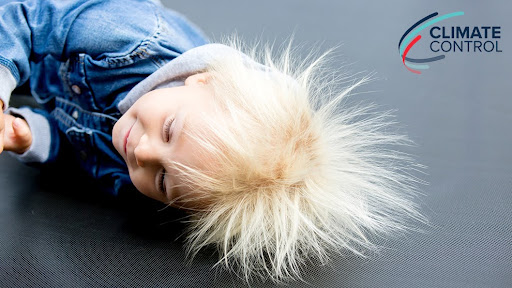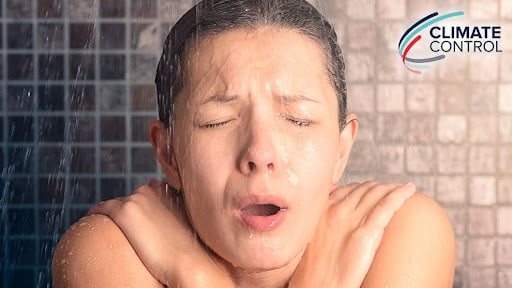The fervor surrounding federal energy-efficiency tax credits has died down since many of them expired at the end of 2011. However, a qualifying geothermal or solar installation remains eligible for federal tax credits through the end of 2016. If you’re considering installing a geothermal or solar system, now’s the time to explore various types of systems, efficiency ratings, installation processes and more, so that you’re prepared to buy before the tax credits expire.
Here are the basic facts about geothermal or solar installation tax credits:
Geothermal
- The tax credit is set at 30 percent of the entire cost associated with the geothermal system, including the cost of labor; however, it doesn’t include related components such as ductwork if it’s needed.
- You can’t install a geothermal system for a rental unit and qualify for a tax credit, but you can apply it toward systems installed in primary or secondary homes, including cooperative apartments, mobile homes, manufactured homes or condominiums.
- Water- and ground-source systems both qualify.
- All Energy Star-qualified equipment meets the government’s minimum standards for efficiency in order to apply for the credits.
Solar
- Homeowners can access tax credits for solar photovoltaic (PV) systems and solar water-heating systems.
- To qualify, PV systems have to deliver electricity to the home’s systems and meet electrical and fire codes. Solar water heaters have to generate 50 percent or more of the home’s hot water, and the Solar Rating and Certification Corporation (SRCC) must certify the equipment that you purchase and install.
- Tax credits are also set at 30 percent for solar equipment, and there’s no cap on the total cost, which includes installation.
- Primary and secondary residences are eligible, but not rentals.
- Minimum efficiency guidelines apply to both types of systems.
It’s an important distinction to note that the tax credits are not a tax deduction. They come right off your tax liability for that year, and if they exceed your liability, can carry over to the next year’s taxes.
Need to talk to an expert about a geothermal or solar installation? Climate Control Company is happy to help our neighbors in western Colorado find and use available tax credits and incentives. Call us today or visit our website.
Our goal is to help educate our customers in Aspen, Vail and the surrounding Western slope communities in Colorado about energy and home comfort issues (specific to HVAC systems). For more information about geothermal or solar installation and other HVAC topics, please visit our website.
Image courtesy of Shutterstock

